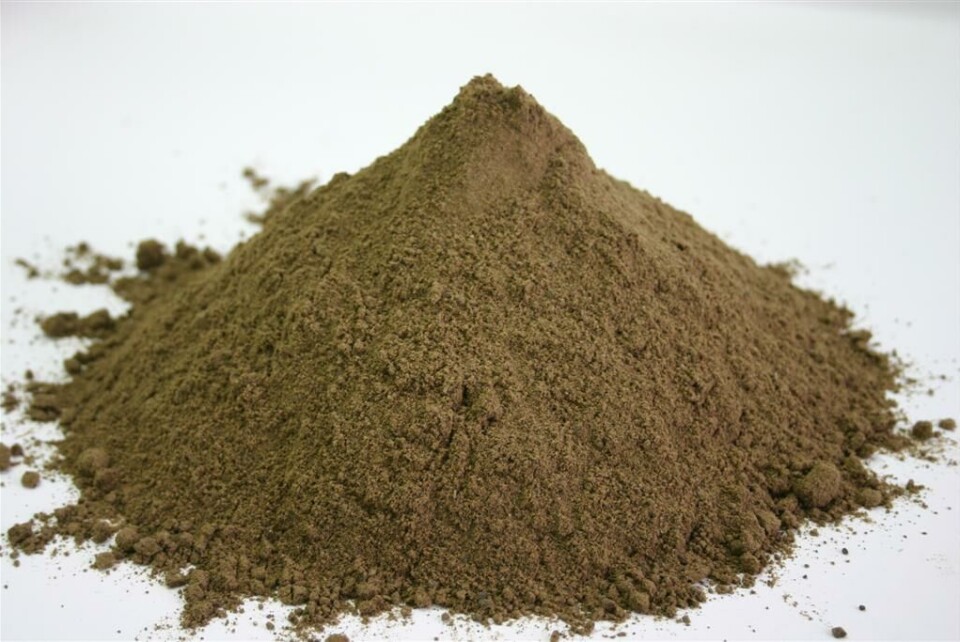
From morts to meal
About 27,733 tonnes of salmon - 72% of the total mortalities caused by recent harmful algae blooms (HABs) in Chile - have now been processed into fishmeal.
The Chilean Service of Fisheries and Aquaculture (Sernapesca) said 38 farming sites have been affected by HABs in the neighborhoods 1, 2, 3A, 6, 7, and 10B, with a total mortality of about 23.8 million fish, equivalent to more than 38,500 tonnes.
Alicia Gallardo, Sernapesca's deputy director of aquaculture, highlighted the huge logistical efforts that the removal of these mortalities has meant, whose volume is equivalent to 14 Olympic swimming pools full of salmon.
“There are 125 boats - high sea fishing vessels, artisanal vessels and wellboats - working with 24-hour shifts to avoid this contingency from causing an environmental or sanitary emergency”.
These losses are being transported to the fishmeal/fish oil plants in the regions of Los Lagos, Aysén and Bio Bio.
Shedding mortality to the sea
The national director of Sernapesca, José Miguel Burgos, reported that the Navy has authorized dumping morts in the sea, in a safe area established by the Undersecretariat of Fisheries and Aquaculture. This possibility was considered as an emergency measure for those fish whose advanced state of decomposition did not allow the reduction to fishmeal or implies risk for workers due to emissions of hydrogen sulfide, so landfill disposal would not be possible either.
"This shedding will be done 75 miles out to sea nor'west of Chiloe Island. This point complies with the technical guarantees of depth and currents to avoid impacts on fisheries, navigation and the environment, as stipulated in the Protocol of London, which regulates waste dumping at sea,” said Burgos.
At first, 300 tonnes were authorized to be thrown offshore. However, during this latest weekend this number has increased. A total of 9,000 tonnes of mortalities belonging to four salmon producing companies have been authorized to be dumped at the sea.























































